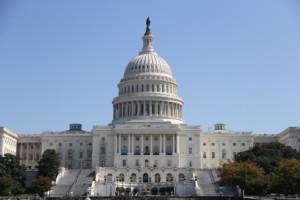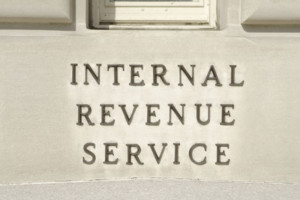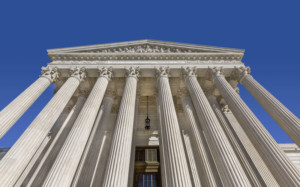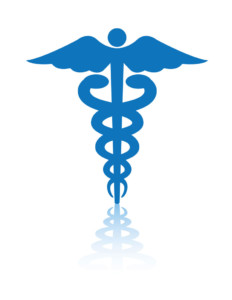
Behn & Wyetzner attorney Michael Behn teamed with government investigators and whistleblowers at a training session hosted by the Illinois Association of Inspectors General. Read Moreabout Attorney Michael Behn Teams Government Agents with Whistleblowers at Inspectors General Training Session
 the IRS Whistleblower Office, the IRS has recovered over $3.4 billion because of information submitted by whistleblowers. Out of that sum, $465 million was awarded to whistleblowers.
the IRS Whistleblower Office, the IRS has recovered over $3.4 billion because of information submitted by whistleblowers. Out of that sum, $465 million was awarded to whistleblowers.  According to the
According to the  to adopt new rules and regulations that will improve the transparency of its whistleblower program while also bolstering protections for whistleblowers. The proposed amendments will also make the CFTC’s program more consistent with the SEC’s whistleblower program, which has already implemented similar rules and regulations.
to adopt new rules and regulations that will improve the transparency of its whistleblower program while also bolstering protections for whistleblowers. The proposed amendments will also make the CFTC’s program more consistent with the SEC’s whistleblower program, which has already implemented similar rules and regulations. whistleblowers in Fiscal Year 2016. That figure is higher than all previous awards issued through the SEC whistleblower program combined.
whistleblowers in Fiscal Year 2016. That figure is higher than all previous awards issued through the SEC whistleblower program combined. After receiving a hefty check in settlement of a False Claims Act case, one of our client relators presented us with a mug saying “G-D Bless NAMFCU.” He wanted to recognize the vital role that NAMFCU played in the investigation, prosecution and settlement of his case. But most relators, especially at the outset of their case, do not know anything about NAMFCU (pronounced Nam-Foo-Koo), or how that organization plays a vital role in assisting relators pursue Medicaid fraud claims brought through a qui tam case.
After receiving a hefty check in settlement of a False Claims Act case, one of our client relators presented us with a mug saying “G-D Bless NAMFCU.” He wanted to recognize the vital role that NAMFCU played in the investigation, prosecution and settlement of his case. But most relators, especially at the outset of their case, do not know anything about NAMFCU (pronounced Nam-Foo-Koo), or how that organization plays a vital role in assisting relators pursue Medicaid fraud claims brought through a qui tam case.  Qui tam whistleblowers who filed cases under the False Claims Act returned nearly $3 billion into the federal treasury in Fiscal Year 2015, according to the
Qui tam whistleblowers who filed cases under the False Claims Act returned nearly $3 billion into the federal treasury in Fiscal Year 2015, according to the  ACA (the Affordable Care Act) expanded healthcare coverage to millions of low-income Americans and put in place numerous reforms within the health insurance sector. Currently, updates to healthcare delivery systems and financing methodologies implemented since ACA was enacted are predicted to result in dramatic reductions in unnecessary medical care in this country. But still, an avalanche of fraud continues to harm healthcare programs, and in particular government programs like Medicare and Medicaid.
ACA (the Affordable Care Act) expanded healthcare coverage to millions of low-income Americans and put in place numerous reforms within the health insurance sector. Currently, updates to healthcare delivery systems and financing methodologies implemented since ACA was enacted are predicted to result in dramatic reductions in unnecessary medical care in this country. But still, an avalanche of fraud continues to harm healthcare programs, and in particular government programs like Medicare and Medicaid.